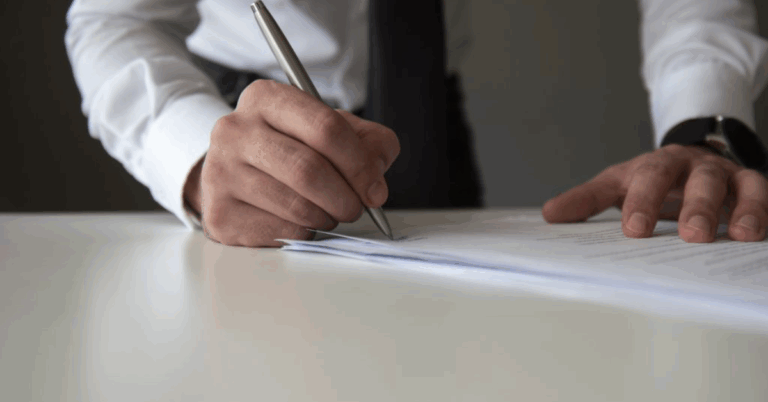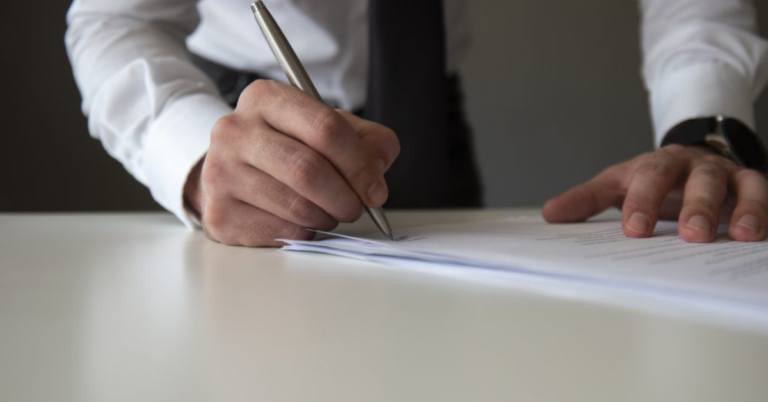Apostille Authentication: What Is It and How to Get It Done Easily with Rais Apostille Services
In today’s globalized world, legalizing documents for use in foreign countries is a crucial step for individuals and businesses alike. Whether you’re applying for a visa, studying abroad, or handling international business, your documents must often undergo Apostille Authentication to be accepted overseas.
This blog post by Rais Apostille Services explains everything about apostille authentication — what it is, how it differs from other types of authentication, when you need it, and how to get your documents apostilled quickly and hassle-free.
What Is Apostille Authentication?
Apostille authentication is a certification process that validates a public document’s authenticity so it will be recognized in a foreign country. The term “apostille” comes from the Hague Convention of 1961, an international treaty that simplifies the legalization of documents for countries that are part of this agreement.
When a document is apostilled, it means that the issuing country’s competent authority (usually a government department) has verified the origin of the document’s signature, seal, or stamp.
The apostille itself is a standardized certificate attached to the document, often on a separate sheet, bearing a unique identification number and the official seal of the issuing authority.
Apostille vs. Authentication: What’s the Difference?
People often confuse apostille with general authentication, but there is a key difference:
-
Apostille: Issued only if the document will be used in a country that is a member of the Hague Apostille Convention. It is a simplified and widely accepted form of legalization.
-
Authentication (Consular Legalization): Required if the destination country is not part of the Hague Convention. This involves a multi-step process where the document is verified by various government offices and then legalized by the foreign embassy or consulate.
Why Do You Need Apostille Authentication?
You need apostille authentication for a variety of personal and professional reasons:
1. Immigration and Visa Processing
Many countries require apostilled documents when issuing visas or permanent residency, especially for family sponsorship, student visas, or work permits.
2. Higher Education Abroad
Universities and colleges abroad often demand apostilled academic transcripts, diplomas, and certificates to verify your qualifications.
3. International Business and Trade
Business documents such as powers of attorney, contracts, or certificates of incorporation may require apostille for legal recognition overseas.
4. Marriage and Birth Registration Abroad
If you’re getting married or registering your child’s birth in a foreign country, apostille authentication of your marriage certificate or birth certificate is often mandatory.
5. Property Transactions and Inheritance
Apostilled documents may be needed to prove identity or ownership in foreign legal processes related to real estate or inheritance.
Which Documents Can Be Apostilled?
Almost any public document can be apostilled, provided it is issued by a competent authority. Commonly apostilled documents include:
-
Birth, Marriage, and Death Certificates
-
Educational Certificates and Transcripts
-
Police Clearance Certificates
-
Power of Attorney
-
Court Documents
-
Company Registration Certificates
-
Affidavits and Declarations
How Does the Apostille Authentication Process Work?
The apostille process generally follows these steps:
Step 1: Obtain a Certified Copy of Your Document
Only original or certified copies of documents issued by recognized government bodies qualify for apostille.
Step 2: Local Verification (If Applicable)
Some documents require notarization or certification by a local authority (e.g., notary public or county clerk) before they can be apostilled.
Step 3: Submission to the Competent Authority
The document is submitted to the government office authorized to issue apostilles. In the U.S., this is typically the Secretary of State of the document’s issuing state. In India, it’s the Ministry of External Affairs (MEA).
Step 4: Apostille Issuance
The competent authority verifies the document and attaches the apostille certificate, which includes the signature, seal, date, and a unique registration number.
Apostille Authentication in India vs. USA
In India:
-
The Ministry of External Affairs (MEA) is the authority that issues apostilles.
-
The document must first be verified by the respective state authorities (Home Department or SDM).
-
The MEA then affixes the apostille, making it valid for Hague Convention countries.
In the USA:
-
The Secretary of State office in the state where the document was issued grants apostilles.
-
Federally issued documents (e.g., FBI background check) are apostilled by the U.S. Department of State.
How Long Does Apostille Authentication Take?
Processing times vary by country and document type:
-
In India, it generally takes 3-7 working days after state-level verification.
-
In the USA, apostille times range from 5-15 business days, depending on the state.
-
Many agencies, including Rais Apostille Services, offer expedited processing.
Why Use Rais Apostille Services for Apostille Authentication?
At Rais Apostille Services, we simplify the apostille process by handling every step from document review to submission and delivery:
✅ Expertise Across All Documents and Jurisdictions
Our team has deep knowledge of apostille rules across various countries, including India, the USA, UAE, UK, and more.
✅ Fast and Reliable Service
We offer express apostille authentication options to meet urgent deadlines.
✅ End-to-End Support
We handle the preparation, submission, and collection, saving you valuable time and reducing errors.
✅ Nationwide Coverage
Whether your documents are issued in California, New York, Delhi, Mumbai, or anywhere else, we serve you efficiently.
✅ Transparent Pricing
No hidden fees—our rates are competitive and clear from the start.
Frequently Asked Questions (FAQs)
1. What is the difference between apostille and notarization?
Notarization certifies the authenticity of signatures and documents at a local level. Apostille authenticates the entire document for international use.
2. Can any document be apostilled?
No. Only public documents issued by government agencies qualify. Private documents or personal affidavits usually need notarization before apostille.
3. Do all countries accept apostilles?
No. Only countries that are part of the Hague Apostille Convention accept apostilles. For other countries, consular legalization is necessary.
4. How do I know if my document needs apostille or attestation?
If your destination country is a Hague member, you need an apostille. Otherwise, you need consular attestation. Check the country’s requirements or ask us for guidance.
5. Can Rais Apostille Services help me get my documents apostilled?
Absolutely! We specialize in apostille authentication and attestation services for all major document types.
6. How long does it take to apostille a document?
Typically, 3-15 business days depending on jurisdiction. Express services are available for faster turnaround.
Final Thoughts
Apostille authentication is a crucial step to ensure your important documents are legally recognized overseas. Whether it’s a birth certificate, educational transcript, or business document, getting an apostille can be complex and time-consuming—unless you have the right partner.
With Rais Apostille Services, you gain peace of mind knowing your apostille authentication will be done professionally, quickly, and with no hassle.







